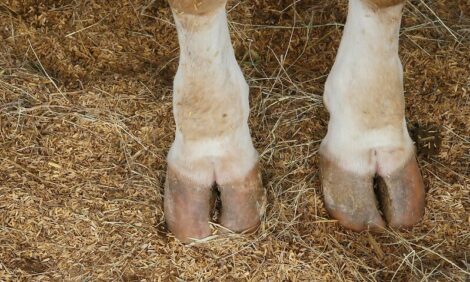



WOAH report reveals global decrease in antimicrobial use in animals
Global usage has declined 13% in 3 yearsGlobal antimicrobial use in animals has declined by 13% in 3 years, marking again a significant shift in the continuous efforts to preserve the efficacy of these critical medicines, according to a recent report from the World Organisation for Animal Health (WOAH).
WOAH has been collecting information on the use of antimicrobials in animals since 2015. Since then, a report has been published every year to provide access to this crucial and growing set of information and has highlighted steady efforts in the animal health sector worldwide. For instance, the latest report, which has been recently released, also showcases a decline in the use of antimicrobials considered to be of critical importance for human health.
"Less than 20% of antimicrobials used in animals in 2019 were of highest priority and critical importance for human health," said Javier Yugueros-Marcos, head of the antimicrobial resistance and veterinary products department, WOAH. "Collective efforts towards responsible use across all sectors are of utmost importance considering that these medicines are the sole therapy or one of few alternatives to treat life-threatening human diseases. It is important to highlight that, in the same year, an estimated 4 million human deaths were linked to antimicrobial resistance."
WOAH has recently fully digitalised its global database into an online platform: ANIMUSE. This new system facilitates open access to global and regional data in an interactive way, while also featuring easier reporting, error checks, and data visualisation tools for members providing the information.
"A key strength of ANIMUSE is its flexibility," said Carolee Carlson, veterinarian and epidemiologist for the Public Health Agency of Canada. "Countries at any level of their surveillance programme can report on the platform. Even if a country’s insight on amounts of antimicrobials used in animals is limited, being able to join the platform fosters discussion and improvement over time."



